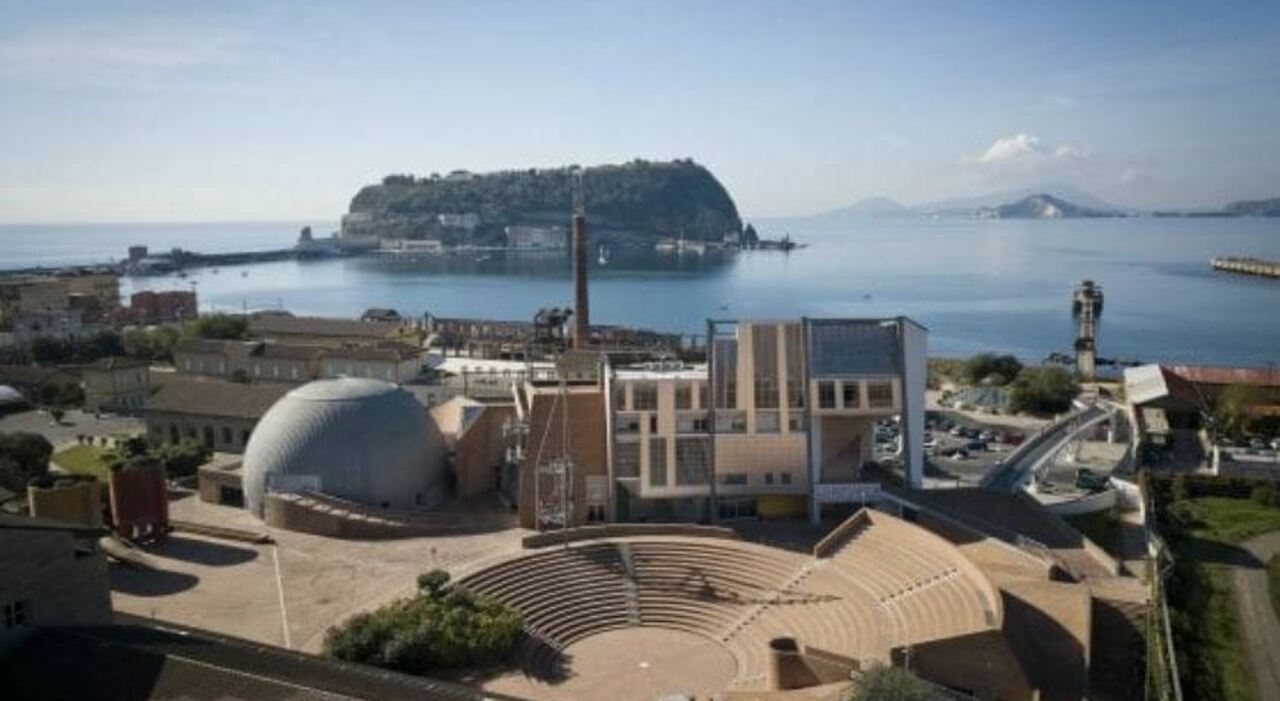Russia and Brazil Forge Stronger Scientific Ties: A New Era of Nuclear Research Collaboration

Russia and Brazil Strengthen Scientific Research Co-operation: A New Era of Nuclear Research Collaboration
In a significant development for the global scientific community, Russia and Brazil have announced a strengthened partnership in scientific research, particularly within the field of nuclear science. This collaboration, spearheaded by Russia’s Joint Institute of Nuclear Research (JINR) and Brazil’s Ministry of Science, Technology & Innovation (MCTI), promises to unlock new avenues for discovery and innovation, benefiting both nations and the wider world.
A Historic Partnership Renewed
The foundations of this collaboration were laid years ago, but the recent advancements signify a renewed commitment to joint scientific endeavors. The JINR, a renowned international research center based in Dubna, Russia, has long been a hub for cutting-edge research in nuclear physics and related fields. Brazil, with its growing scientific prowess and strategic importance in Latin America, presents a valuable partner for JINR’s global outreach.
Focus on Nuclear Science and Technological Advancement
The core of this partnership revolves around nuclear science and its applications. The agreement outlines a framework for collaborative research projects, exchange programs for scientists and researchers, and the sharing of resources and expertise. Specific areas of focus include:
- Advanced Nuclear Technologies: Exploring innovative applications of nuclear technology for various sectors, including medicine, energy, and industry.
- Accelerator Physics: Collaborating on the development and improvement of particle accelerators, crucial tools for fundamental research in nuclear physics.
- Data Science and Computing: Leveraging data science and high-performance computing to analyze the vast amounts of data generated by nuclear research experiments.
- Radiation Safety and Environmental Protection: Jointly developing best practices and technologies for ensuring the safe and responsible use of nuclear materials and minimizing environmental impact.
Benefits for Both Nations
The benefits of this collaboration are multifaceted. For Russia, it provides an opportunity to expand its scientific influence in Latin America and access a new pool of talent and resources. For Brazil, it offers access to world-class expertise and advanced technology, accelerating its own scientific development and strengthening its position as a regional leader in science and technology.
The Role of the MCTI
The Brazilian Ministry of Science, Technology & Innovation (MCTI) plays a crucial role in facilitating this collaboration. The MCTI is committed to fostering international partnerships and promoting scientific excellence within Brazil. Through this agreement with JINR, the MCTI aims to:
- Enhance Brazilian Research Capabilities: Providing Brazilian scientists with access to cutting-edge research facilities and expertise.
- Promote Scientific Exchange: Encouraging the exchange of researchers and students between Russia and Brazil.
- Drive Technological Innovation: Accelerating the development of new technologies based on nuclear science.
Looking Ahead
The strengthened partnership between Russia and Brazil in scientific research marks a significant step forward in international scientific collaboration. As both nations continue to invest in science and technology, this collaboration is poised to yield groundbreaking discoveries and contribute to a more prosperous and sustainable future. The emphasis on nuclear science, with its wide-ranging applications, highlights the potential for transformative advancements in various fields. This collaboration serves as a model for other nations seeking to foster international scientific partnerships and address global challenges through collaborative research.





